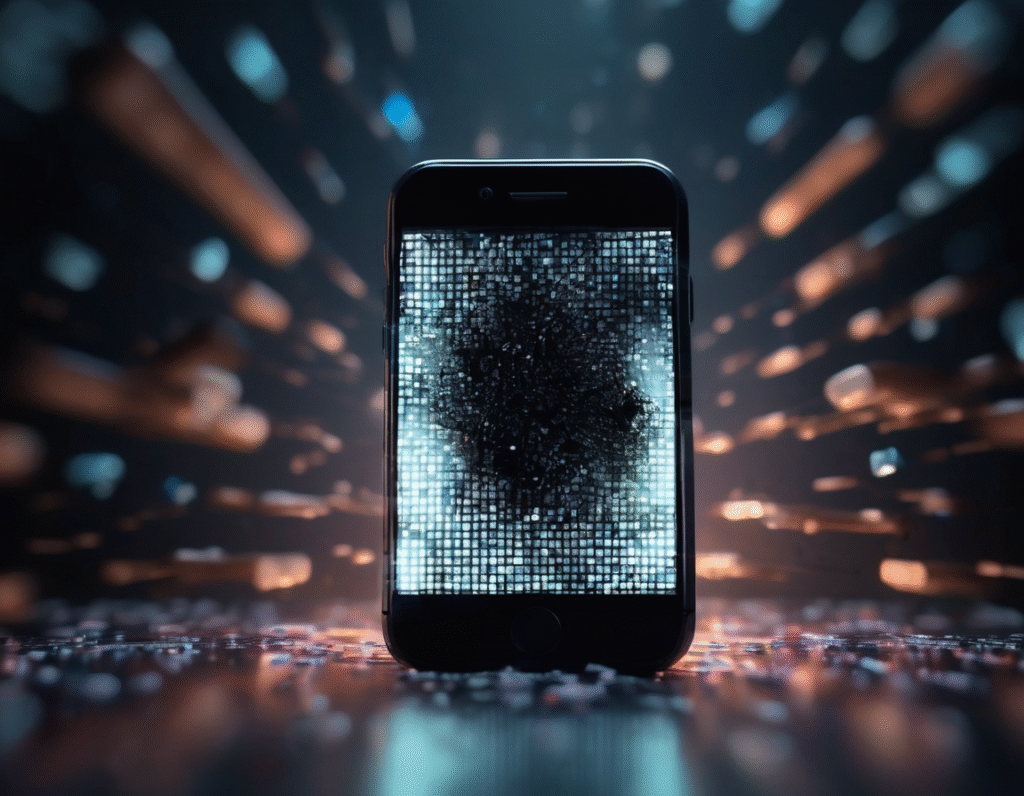A service that pays users to record their phone calls and sells that data to AI firms is preparing to relaunch following a significant privacy breach. The app, called Neon, rapidly gained popularity after its launch but was forced to go offline last week after a security vulnerability was uncovered. The flaw, which was discovered by TechCrunch, allowed users to access other people’s private call recordings, transcripts, and associated metadata. In response, the company took its service offline. According to a report, Neon’s founder, Alex Kiam, has since apologized to users via email, stating the app will be back online soon. He pledged that the company is adding extra layers of security during this downtime before making its comeback. While the app has been inactive, users have been unable to access or withdraw their earnings. Neon’s business model involves paying users for their recorded conversations, offering up to thirty dollars per day. The rate is thirty cents per minute for calls with other Neon users and fifteen cents per minute for calls with anyone else. The service also provides a thirty dollar referral bonus for bringing new users to the platform. In his email to users, Kiam assured them that their earnings are safe. He wrote that when the service returns, users will be paid everything they have earned, along with a bonus as a thank you for their patience during the outage. Neon’s operational method involves recording only the user’s side of a conversation when a call is placed through its app. However, if the person on the other end of the call is also a Neon user, the system records both sides of the conversation. The company states that its technology is designed to automatically filter out and redact personal information such as names and phone numbers from the recordings. Despite these claims, the service has drawn sharp criticism from privacy experts. Many have warned people against using Neon, highlighting significant legal and ethical concerns. A primary issue revolves around two-party consent laws, which are legal requirements in many states and countries. These laws mandate that all parties involved in a conversation must consent to being recorded. Using an app like Neon to record calls without the explicit knowledge and consent of the other party could potentially violate these laws, creating legal risk for users. The recent security breach has only amplified these concerns, demonstrating that sensitive personal data was not adequately protected.

